
 Instagram
Instagram
Contraceptive Implant: How It Works, Side Effects & Benefits
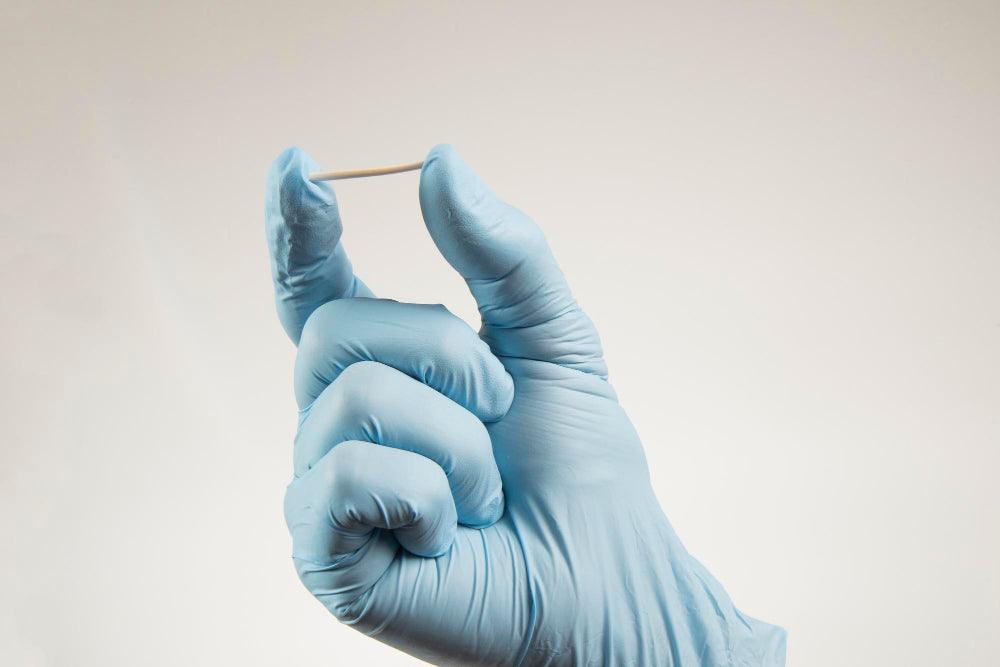
Related products
What is a Contraceptive Implant?
A contraceptive implant is a small, flexible rod inserted under the skin of a woman's upper arm. It serves as a potent tool in birth control, releasing hormones into the body to prevent pregnancy.
Historical Development of Contraceptive Implants
Contraceptive implants first appeared in the 1980s. Over the ensuing decades, they have become an increasingly effective form of birth control. With an efficacy rate of over 99% according to the NHS, the contraceptive implant has gained immense popularity, particularly in the UK.
How the Contraceptive Implant Works
Active Ingredients and Their Functions
The contraceptive implant contains progestin, a hormone that it gradually releases into the body over several years, thereby providing long-term birth control.
Process of Implantation and Timeline
The process of getting a contraceptive implant is straightforward and relatively painless. It involves a quick procedure in a healthcare professional's office.
Mechanism of Action in Preventing Pregnancy
The working mechanism of contraceptive implants, "They suppress ovulation, thicken cervical mucus to obstruct sperm movement, and thin the uterine lining to prevent egg implantation", , elucidates Dr. Helen Stokes-Lampard, Chair of the Royal College of General Practitioners.

Benefits of the Contraceptive Implant
Long-term Effectiveness
One of the primary advantages of the contraceptive implant is its long-term effectiveness. Over 99% of women using the contraceptive implant prevent unplanned pregnancies within the first year, according to the Family Planning Association UK.
Convenience and Privacy
The contraceptive implant is a highly convenient and private method of birth control, as it eliminates daily reminders and frequent doctor visits, often associated with other forms of contraception.
Non-contraceptive Benefits
Interestingly, the contraceptive implant offers other benefits beyond preventing pregnancy. It can alleviate symptoms associated with painful or heavy periods.
Reversibility and Fertility After Removal
Fertility returns quickly after the removal of the contraceptive implant, making it an ideal choice for women who intend to conceive in the future. This underscores the versatility and adaptability of the contraceptive implant in addressing women's reproductive needs.
Side Effects of the Contraceptive Implant
Common Side Effects and Their Frequency
While the contraceptive implant is generally safe, it can cause certain side effects. The most common ones include headaches, acne, breast tenderness, and weight gain. More than 1 in 10 women experience such side effects after implant insertion, as per NHS.
Rare but Serious Side Effects
While rare, there are some serious side effects associated with the contraceptive implant. These include mood swings, depression, loss of libido, and severe abdominal pain. If such symptoms occur, it is advised to seek immediate medical attention.
Effects on the Menstrual Cycle
Some women may experience changes in their menstrual cycles after getting the contraceptive implant. Irregular periods, heavier bleeding, or no periods at all are common phenomena associated with contraceptive implants, according to Dr. Sarah Hardman.
Impact on Mood and Libido
Some women may experience changes in mood or libido after receiving a contraceptive implant. However, these effects are usually temporary and subside over time.
Risks and Complications Associated with the Contraceptive Implant
Potential Complications During Insertion and Removal
While the insertion and removal of the contraceptive implant are generally safe procedures, complications can sometimes occur. These include infection at the site of the implant, discoloration or scarring of the skin, and difficulty in removing the implant.
The Risk of Ectopic Pregnancy
Although rare, there is a slight risk of an ectopic pregnancy (when the fertilized egg implants outside the uterus) with the contraceptive implant. A lower than 1% risk of ectopic pregnancy with implant use, says The Royal College of Obstetricians and Gynaecologists.
Contraindications and Who Should Avoid the Contraceptive Implant
Not all women are suitable candidates for the contraceptive implant. Those with certain health conditions like liver disease, history of breast cancer, unexplained vaginal bleeding, and certain types of migraine should avoid using the implant.
Comparing the Contraceptive Implant to Other Forms of Contraception
Effectiveness Compared to Other Methods
With a success rate of over 99%, the contraceptive implant is one of the most effective forms of birth control, as compared to other methods like birth control pills, patches, and rings.
Side Effect Profile Compared to Other Methods
The contraceptive implant has a similar side effect profile to other hormonal contraceptives. However, it avoids the gastrointestinal side effects often seen with oral contraceptives and doesn't have the skin reactions associated with patches or rings.
Convenience and Lifestyle Considerations
The contraceptive implant is a long-lasting and low-maintenance method of contraception, making it a convenient option for those who want to avoid daily or weekly contraceptive routines.
Frequently Asked Questions about the Contraceptive Implant
Can the Implant be Felt Under the Skin?
Yes, the implant can usually be felt under the skin. However, it is not visible and does not cause discomfort during normal activities.
What if I Want to Get Pregnant or Remove the Implant?
If you decide to get pregnant or for any other reason want to stop using the contraceptive implant, you can have it removed by a healthcare provider. After removal, fertility returns quickly.
Can I Use the Implant While Breastfeeding?
Yes, it is safe to use the contraceptive implant while breastfeeding. It does not affect milk production or the quality of breast milk, according to the Breastfeeding Network UK,
Does the Implant Protect Against Sexually Transmitted Diseases?
No, the contraceptive implant does not provide protection against sexually transmitted diseases. For this, the use of condoms is recommended.
Making the Decision: Is the Contraceptive Implant Right for You?
Factors to Consider When Choosing a Contraceptive Method
When deciding on a contraceptive method, factors such as your overall health, lifestyle, convenience, cost, and plans for future pregnancies should be taken into account.
Discussing Options with Your Healthcare Provider
It's important to discuss all these factors and any potential risks with your healthcare provider. They can provide personalized advice based on your specific circumstances and health history.
Personal Testimonies and Experiences with the Implant
Personal testimonies can offer insights into the practical aspects of living with the contraceptive implant. Many women in the UK have shared positive experiences about the implant's convenience and effectiveness.
Conclusion
The contraceptive implant is a potent tool in women's health and autonomy, offering long-term, effective, and convenient contraception. Understanding its mechanism, benefits, and potential side effects is key to making an informed decision about its use. Ultimately, the choice of contraception should be individualized, taking into account personal health, lifestyle, and future reproductive plans. Understanding contraceptive choices and their impact can empower women in managing their reproductive health, contributing to a healthier, more informed UK, as reiterated by Dr. Fiona Thompson,





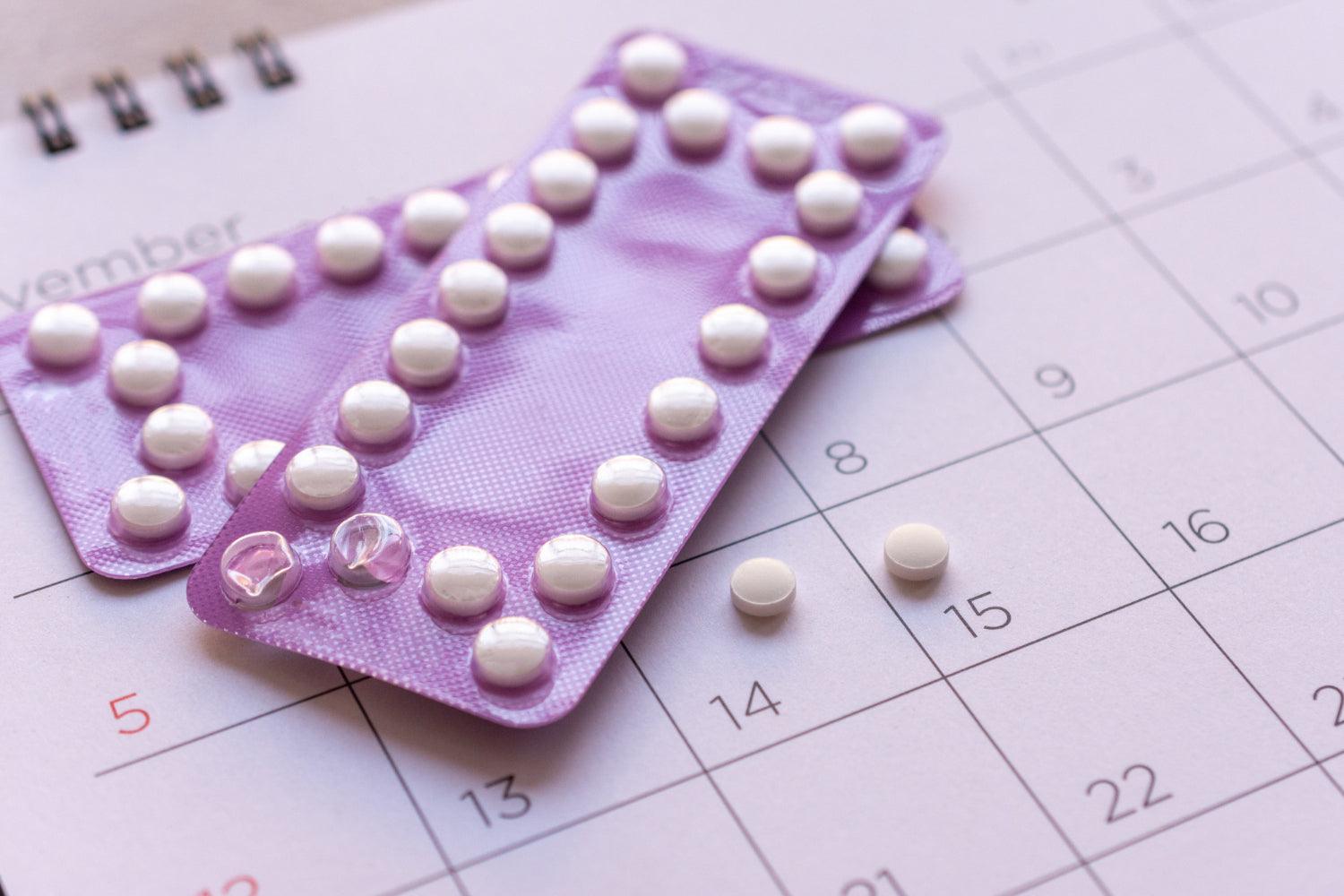











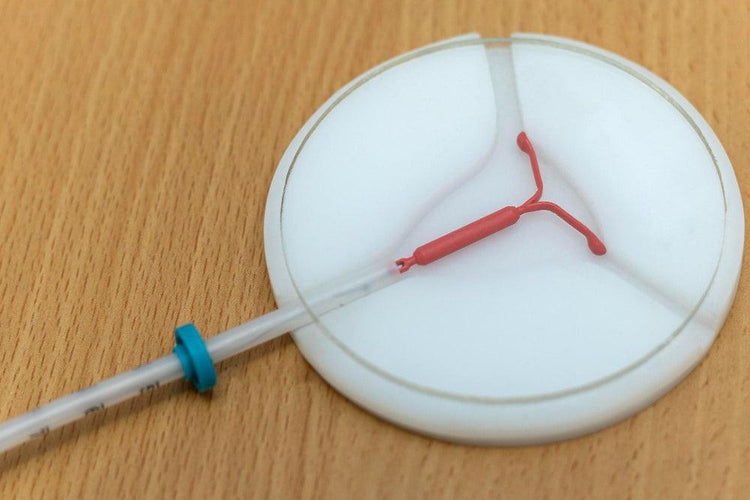




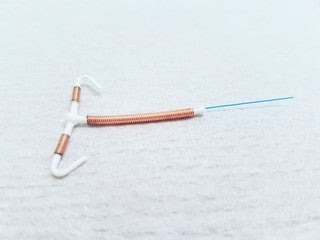
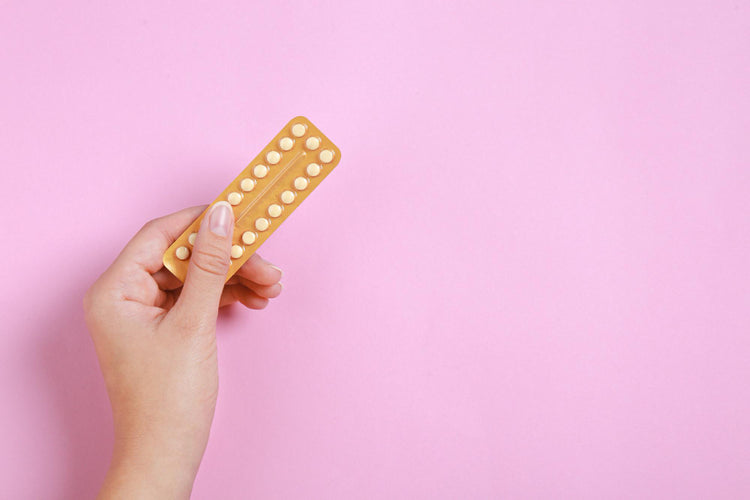
 Rated Excellent by 26,523+ Reviews
Rated Excellent by 26,523+ Reviews